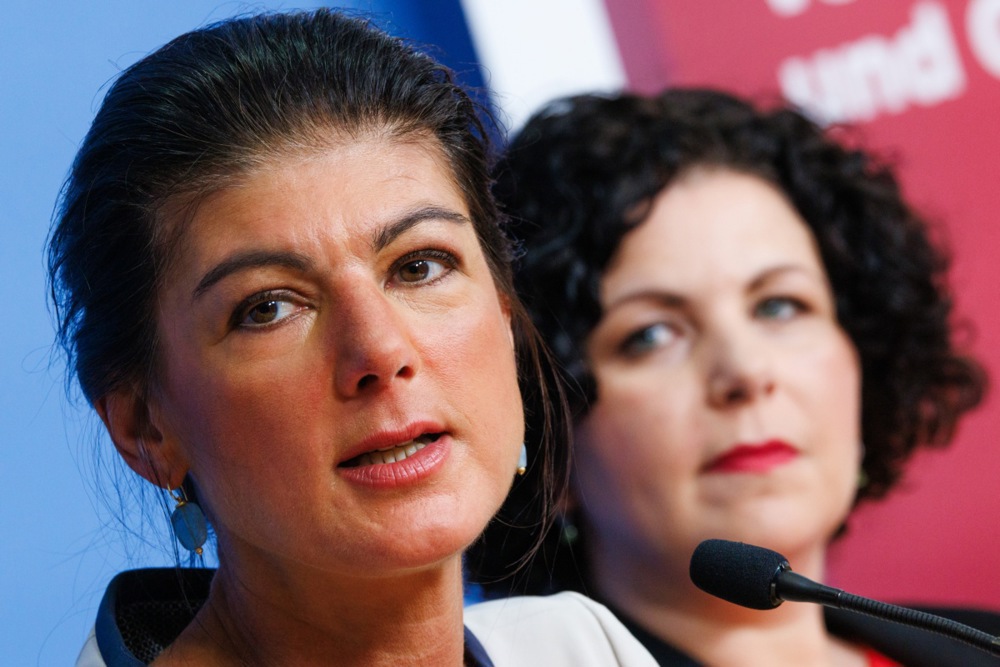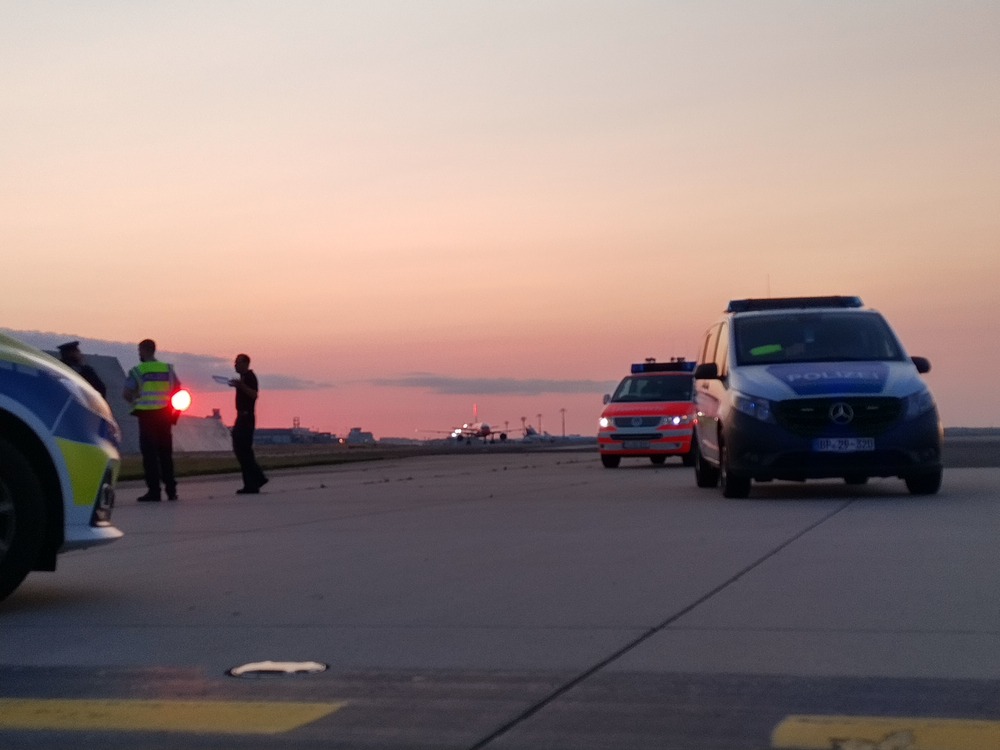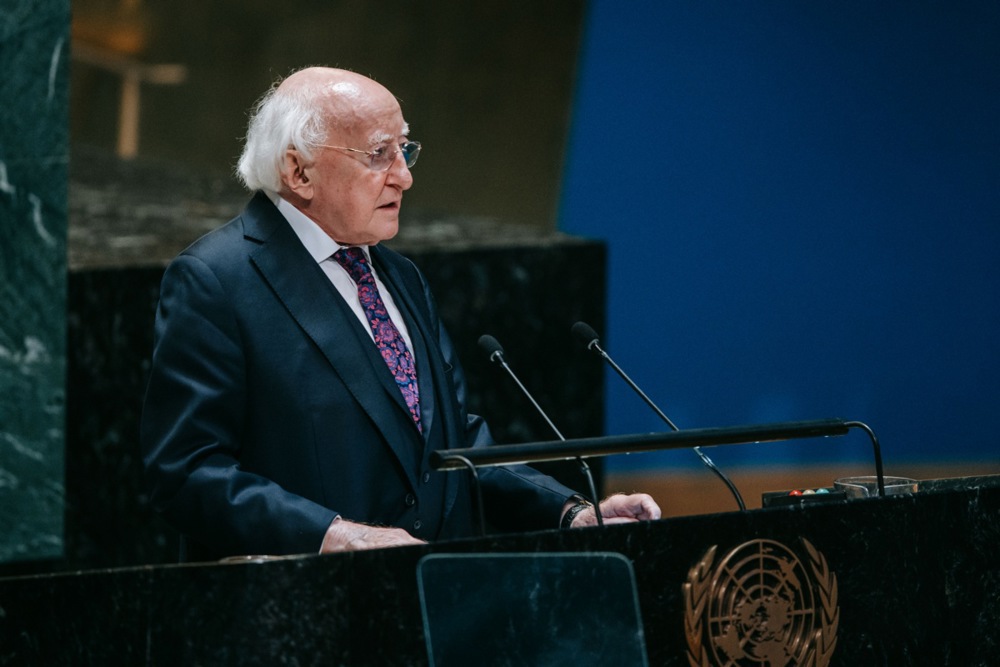German Chancellor Scholz has been fending off a revolt from within his own party over the tougher line his government recently took on migration.
In a letter sent to the Scholz on September 24, more than 500 Social Democratic Party (SPD) members blasted the revamped mass-migration policies adopted by his traffic-light government following the recent electoral success of the hard-right.
The document, signed by several high-ranking MPs and MEPs within the party, warned Scholz that he must not adopt the rhetoric of anti-mass-migration parties.
“The SPD must never take up the misanthropic narratives and positions of right-wing parties and thereby normalise them,” the representatives wrote.
“Adopting the language of the Right when it comes to asylum seekers fleeing war and chaos and planning closed borders within Europe – such a shift fuels the positions of the extreme-right.”
It went on to accuse Scholz and his allies of helping to fuel a “discourse of exclusion and stigmatisation” towards migrants, before ordering him to maintain the party’s cordon sanitaire against the populist Alternative for Germany (AfD) party, as well as the policies it advocates.
“The clear, unrestricted firewall against the Right must instead be reflected in the political actions and words of social democracy … We stand against populism, racism and misanthropy,” they wrote.
“We therefore call on the Social Democratic members of the Federal Government and the Bundestag to once again campaign for a humane asylum policy that does not reproduce right-wing fantasies of closed borders and instead respects European law and international solidarity.”
The revolt came amid unsteady support for Scholz’s SPD, with the party and its allies having experienced a steady decline in polling as voters moved to the Right.
Politicians in the country have become particularly concerned about the recent rise in support for the AfD, with the populist outfit now the most popular party in Germany’s formerly Communist East.
According to an INSA survey published on September 23, the hard-right party now enjoyed the support of 20 per cent of the German electorate, while the SPD held just 15.5 per cent.
Backing for the Christian Democrats has also been continuing to rise, with the party hitting 32 per cent support in the INSA poll.
A poll by the Allensbach Institute, a German public opinion research institute, has shown that only 3 per cent of respondents believe the ruling left-wing coalition German Government is beneficial for the country, marking a new low. https://t.co/8rpLMV6QuE
— Brussels Signal (@brusselssignal) September 20, 2024





